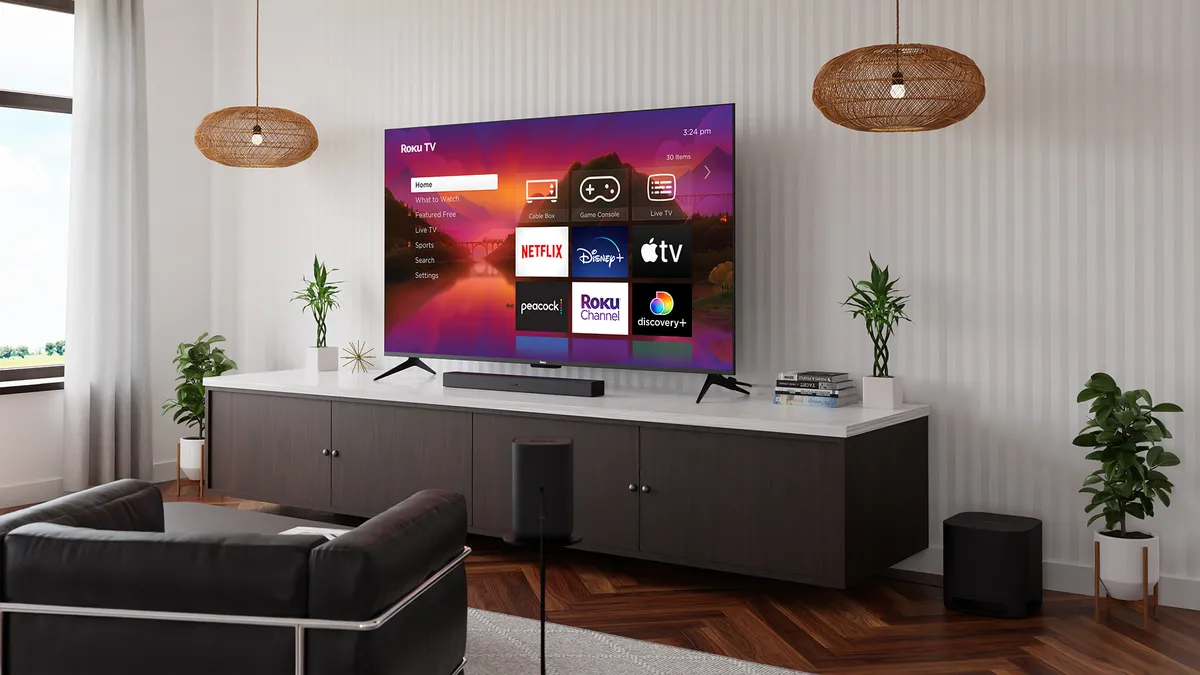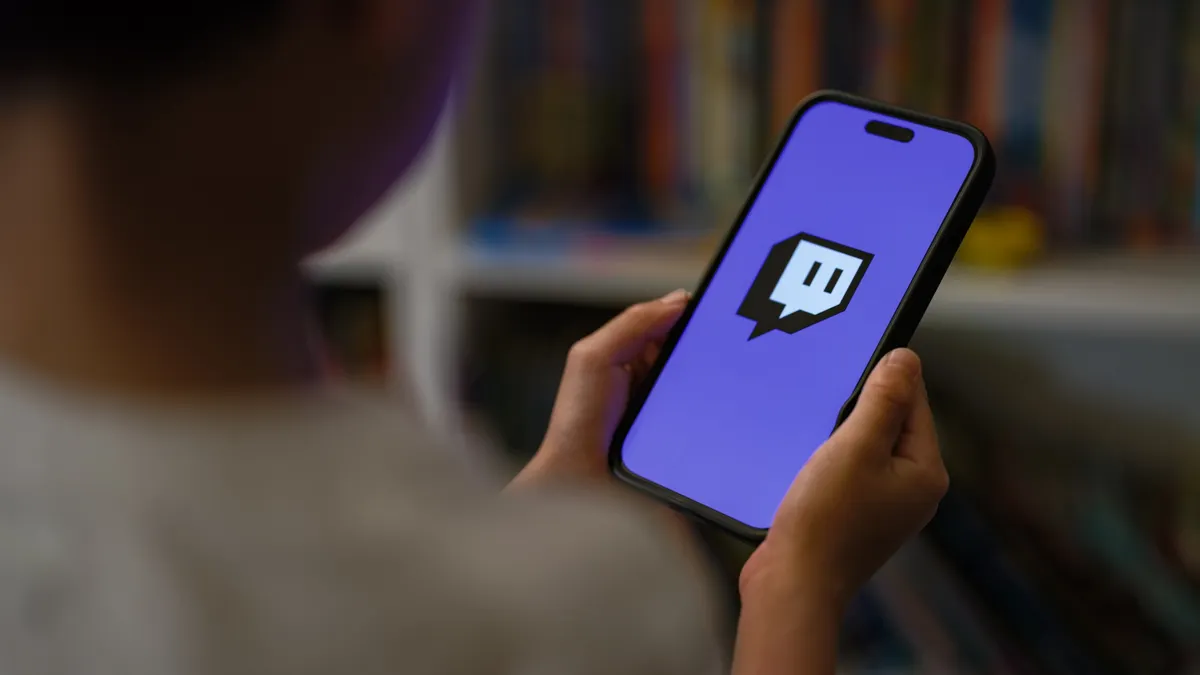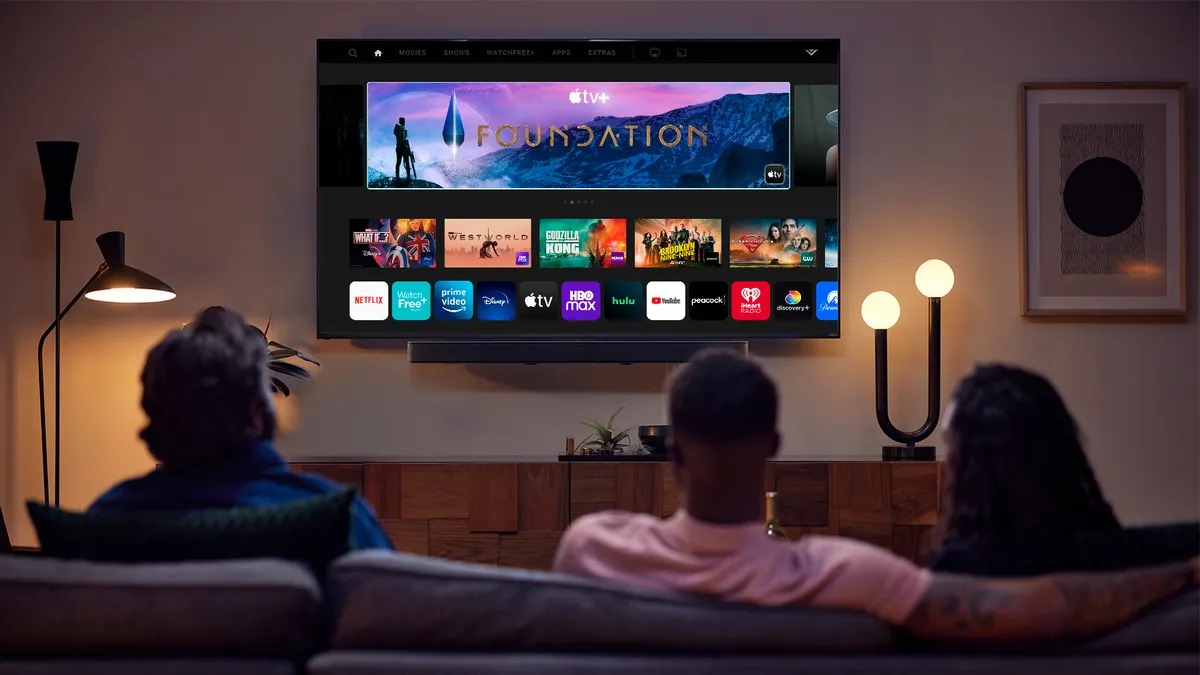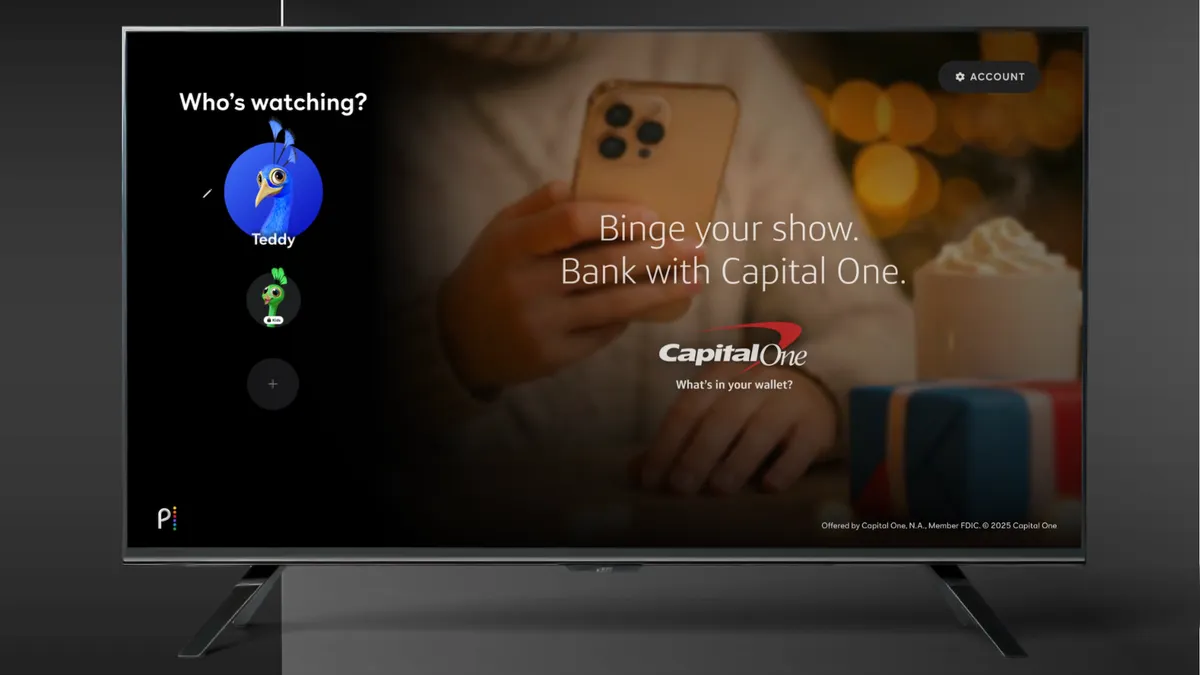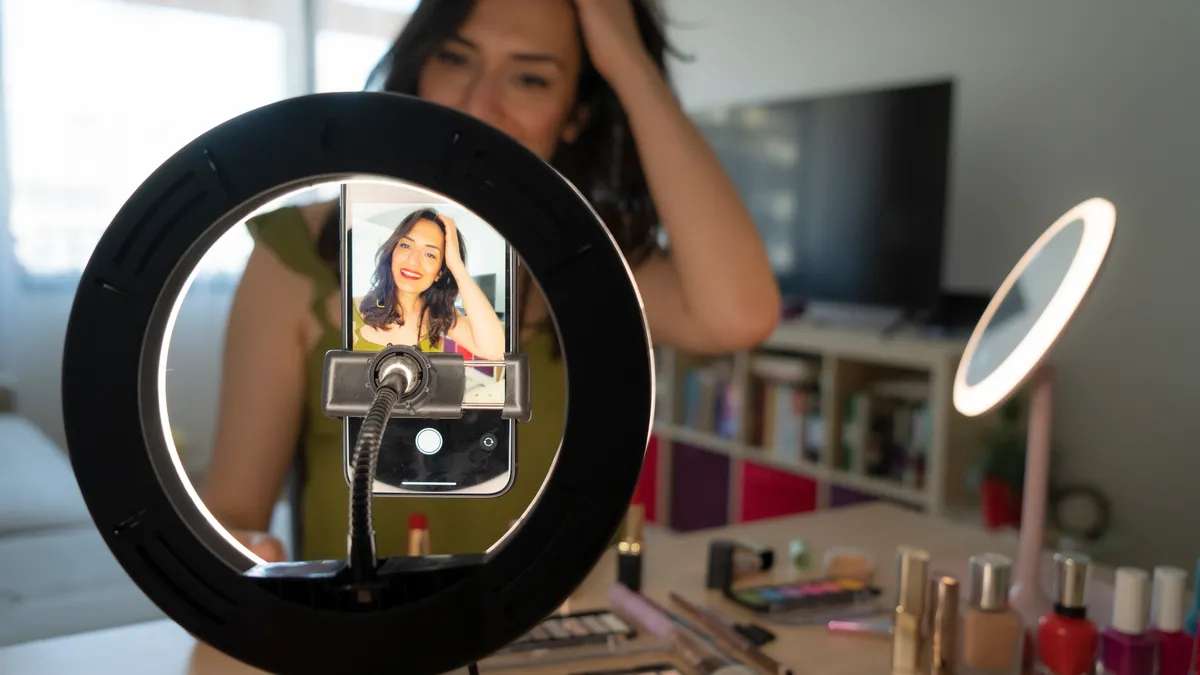Back in 1968 the Campbell's Soup company unveiled a new product called "the Manhandlers." If you believe what the marketing folks said, the new male-oriented soups were an answer to a heartwrenching call from the housewives of America. Those women, according to corporate legend, were sending letters to Campbell begging for a thicker, more masculine soup to serve their men.
Perhaps that's true, although we tend to doubt it. We were kids in 1968 and have no memory at all of Mom worrying that Dad wouldn't eat something unless it was testosterone-fueled. If Dad had complained about the soup being too girly or too thin or even too cold, for that matter, Mom would have poured it over his head.
But ours was perhaps an unusual family. Certainly Campbell's had tremendous success with the Manhandlers brand. Those wacky commercials with the ear-candy jingle ("How do you handle a hungry man? The Manhandlers!") became part of the American consciousness.
For better or for worse, the Manhandlers soup campaign led to a recurring theme on Madison Avenue: One way to boost sales of a food item that women buy is to rebrand it as something specifically for men. And as the percentage of household grocery shopping performed by men has risen, the tactic has taken on new life.
So does this toolbelt (weapons holster, parachute rigging or other suitably masculine item) make my butt look fat?
Given the sexist undercurrent in much of U.S. marketing, it's no surprise that the brands most clearly recognizable as being women-focused all sell the same thing: weight loss. It may be a bit of a surprise, however, that diet foods lead the latest wave in the women-foods-rebranded-for-men practice.
Just look at these examples:
1. DR PEPPER TEN
In October of 2011, Dr Pepper unleashed what can only be called the world's first hyper-masculine, hardcore soft drink. With the slogan "not for women," the ad campaign presents a laughably silly look at male fantasy life—involving explosions and cool buddies and evil enemies and a jeep, and uses those images to sell a 10-calorie diet soda. It's every bit as strange as it sounds. (Just watch the commercial below.) Presumably the marketing opportunity here is that guys are fat, but are too embarrassed to be seen drinking girly diet sodas. Maybe so. But we're sort of embarrassed by Dr Pepper Ten.
On the other hand, we suppose we could stand to lose a few pounds before jumping off a cliff and luring the Mad Max-like biker villains into a giant net while speeding through the jungle—or whatever.
2. COKE ZERO
Even before there was Dr Pepper Ten, the makers of Diet Coke launched a diet soda aimed at guys. Coke Zero's marketing gave a sort of early warning of just how preposterous the ads for guy-focused diet sodas could be. Coke Zero didn't involve laser beams or jungle chases, but it did attempt to strike a chord with the male subconscious.

Sold in black cans (because black is presumably the opposite of pink, or red Diet Coke cans, or whatever), and marketed in irreverent ads (because women are like so reverent, or something) featuring jokes about lawsuits (because seriously, what could be more masculine than setting a dispute with legal briefs rather than your fists), Coke Zero also had something to do with college basketball brackets (because sitting on your butt and watching college hoops for the entire month of March will make you fat—or thirsty—or something.)
3. WEIGHT WATCHERS
Speaking of basketball, when Weight Watchers launched its "Lose Like a Man" campaign aimed at getting dudes to drop the pounds through its products, it brought in basketball Charles Barkley as a spokesman. Barkley is remembered by a generation of guys (who have presumably now all gotten obese) as a great ball player with a tendency to mouth off a lot. But that's cool. Dudes love brash, outspoken, tell-it-like-it-is characters.
Of course, someone should have told the marketing folks at Weight Watchers that there's a risk in hiring a spokesman who doesn't know when to shut up. Barkley caused a furor when, apparently unaware that his microphone was live, he called Weight Watchers a scam during a broadcast of a basketball game.
4. POWERFUL YOGURT
When yogurt first appeared in the States it was seen as a weird, sort of gross food for people who went to protest marches a lot. Eventually Madison Avenue saw the advantages of marketing it instead as a healthy, low-calorie treat aimed at women—a sort of better-tasting alternative to fruit and cottage cheese.
Little changed for decades. Then the yogurt world went nuts. Suddenly everyone was in the yogurt business and everyone was eating it. There was yogurt aimed at digestive health. Yogurt aimed at kids. Yogurt aimed at people who ate too much ice cream. There was French style, frozen, pourable and then Greek style.
But until recently there wasn't a yogurt just for guys.
Powerful Yogurt is Greek-style yogurt that has more protein than other brands. And the marketing campaign has something to do with the abdominal muscles seen on ancient Greek statues.
Maybe it's all those references to "Greek" and the photos of men's torsos, but the Powerful Yogurt website seems to be less about health and yogurt than it is about selling a sort of closeted homoeroticism.
5. SLIM-FAST
But the king of the sell-it-to-guys phenomenon is the meal-replacement company called Slim-Fast. The product debuted in 1977. Sales were so-so until 1998 when the company hired Tommy Lasorda, the legendary manager of the Los Angeles Dodgers, as a spokesperson.
People loved Lasorda. And therein is the key. It wasn't just men that loved him. Nor was it just women. It was everyone. Lasorda evoked the sort of believability that spokespeople are supposed to evoke, but seldom do. There was something magical about the guy. People trusted Tommy. They related to Tommy. And when Lasorda talked about needing to lose weight, you could sense millions of Americans -- both women and men -- staring at the TV and saying "me too, Tommy. Me too."
Sales soared for Slim-Fast in the Lasorda era. And although today the company is a mere shadow of what it once was, there's a lesson to be learned from Slim-Fast:
Men and women are alike in at least one respect. They want to buy from someone they trust.
Would you like to see more marketing industry news and information like this in your inbox on a daily basis? Subscribe to our Marketing Dive email newsletter! You may also want to check out Marketing Dive's look at 5 brands that understand native advertising.





